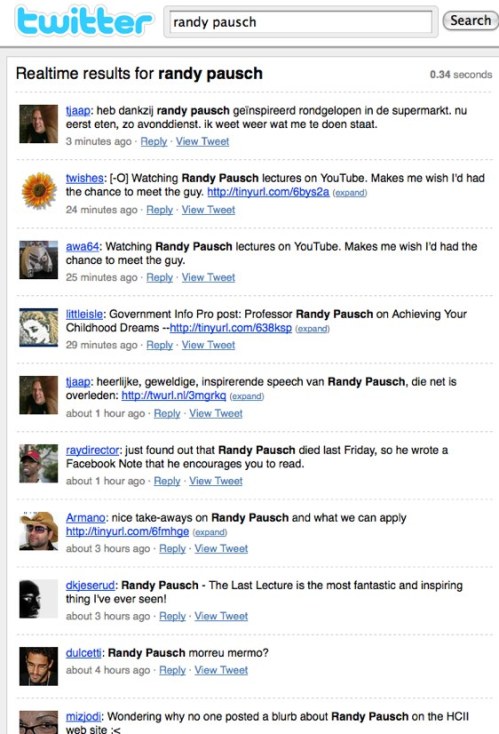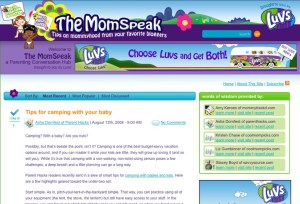Lots of “conversations” about conversational marketing and the overuse of the term. A sure sign that something is taking hold is the strong reaction against it in the blogosphere.
Brian Oberkirch kicks things off here. Alex Hillman continues things here. Deb Schultz here. Many others have picked this up as well.
Great posts. Actually, a really great conversation.
My take: It is easy for marketers to embrace conversational marketing while assuming that the world is just like them and wants to talk about nothing other than their brand (positively of course.) It is easy to tick a box for conversational media (it is right above the box for behaviorial media and just below viral on the worksheet.)
I understand why people are getting sick of the term and ploys to play along. It isn’t very attractive and perhaps worse, it isn’t very effective.
That should not distract from the power of conversational media and the need for marketers to continue to work at cracking the code around how to market in these environments and with these tools.
Brian, Alex, Deb (and now me) are having a conversation. Many readers are commenting to each post. Each post amplifies and responds to posts made by others. People respond in real time rather than reiterating a slogan for the 1000th time.
Brands must be prepared to do the same. An individual can choose to sit out or ignore a conversation. A brand can’t when it is about them and must figure out ways to host and participate in conversations with their customers.
Conversational marketing can take many forms. At its basic level, it can be a brand choosing to support a “conversation” that echos a brand’s values. A brand that facilitates a conversation and then stays out of the way is listening.
Just as importantly, a brand that responds and adapts to negative feedback is furthering a conversation.
Finally, people love to listen to conversations. Long before the internet, people sat at the feet of great thinkers and listened. Whether you talk about in terms of the 1-9-90 rule or Forrester’s Social Media ladder the majority of people never or only rarely participate in “conversations.” I think they like the option and they like the fact that some do jump into the fray. Yet the fastest growing sites are sites that are platforms for conversing AND listening. If marketers don’t acknowledge this fact, they will miss a huge opportunity to connect with their customers and potential customers.
Raising the flag of “conversational marketing” only to then have that conversational marketing initiative tow the party line or rehash a tired slogan is a bastardization of the term and a “me too” activity. That doesn’t make the need to create conversational marketing less valuable or necessary. It does provide an important reminder that the noise can drown out the signal if we’re not careful. I’m confident the benefits of solid work will provide the kind of advantages that provide a competitive edge for companies who take the time to thoughtfully engage with their customers no matter what you call it.
What do you think? Join the conversation! Or just read along.






